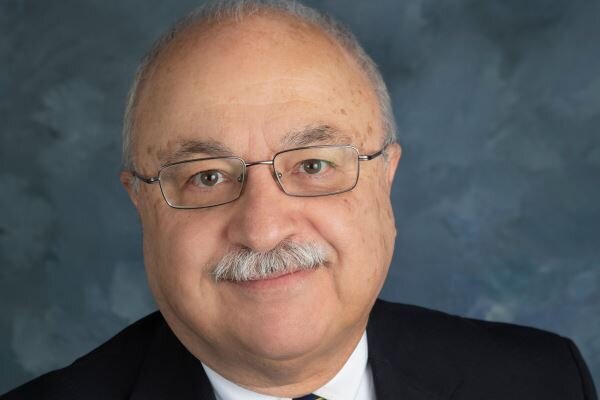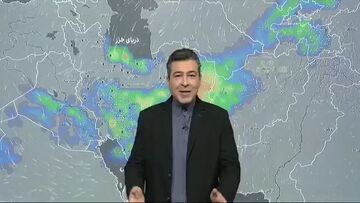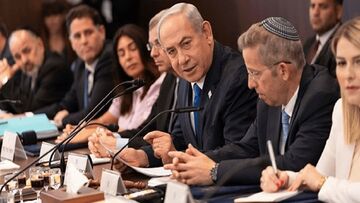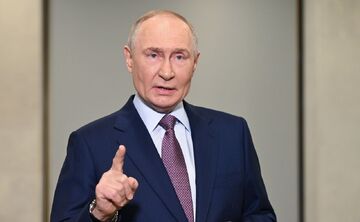TEHRAN (Bazaar) –Nader Entessar, Professor Emeritus of Political Science from university of South Alabama says that he is not very optimistic about the upcoming negotiations between the IAEA and Iran.
“The remaining issues between the agency and Iran are significant and cannot be resolved expeditiously,” Entessar told Bazaar.
Following is the full text of the Bazaar interview with Professor Entessar:
Q: Iran has announced that talks with IAEA will soon resume regarding the disputed issues, and following the agreement, the Iranian technical delegation will be sent to Vienna in the coming days to discuss this matter with agency officials. Can the resolution of these issues lead to the rapid revival of the JCPOA?
A: I am not very optimistic about the upcoming negotiations between the IAEA and Iran. The remaining issues between the agency and Iran are significant and cannot be resolved expeditiously. Besides, as I have indicated in my previous interviews, the jest of Iran's problems with the IAEA and the West is not merely technical; rather they stem from long-standing political conflict between the Islamic Republic and the West.
Q: Mikhail Ulyanov, Russia's representative in international organizations in Vienna and the country's representative in JCPOA negotiations said. I am confident that the remaining issues related to Iran's past nuclear program can be quickly resolved through dialogue with IAEA. What is your assessment of his words?
A: I think Mr. Ulyanov is overly optimistic and the situation on the ground does not support his optimism. If you recall, Mr. Ulyanov had expressed such optimism several times in the past year. Unfortunately, optimistic predictions did not come to fruition in the past.
Q: The United States has announced that the revival of the JCPOA is not currently on the agenda of this country. Can these statements be considered to persuade public opinion? Because the US has been negotiating with Iran for a prisoner exchange in the midst of Iran's protests.
A: Washington's recent pronouncements are partly for domestic consumption and partly reflect the Biden administration's inability to move beyond the deadlock, which is primarily of its own making. U.S. congressional elections are only a few days away, and the Biden administration cannot afford to take any unnecessary steps that may further jeopardize its already tenuous domestic political position. Prisoner exchanges, if they indeed do proceed, are a whole different matter. If successful, Biden can take credit for "liberating" Americans from captivity in Iran and use them as a sign of strength and forcefulness in his foreign policy.
Q: Robert Malley has recently announced that a military attack on Iran’s nuclear facilities is considered the last option. Don't you think that such threats, which were raised more strongly during Trump's era, did not help to solve the problems?
A: Yes, I agree with your assessment. But there are certain catch phrases, such as "all options are on the table," that top-level American foreign policy officials tend to use and overuse irrespective of what political party they belong to. They have created their own universe, and they continue to live in their insulated bubble.
Q: In a conversation with Josep Borrell, Hossein Amir Abdollahian spoke about Iran's message to America through the European Union and declared: “Iran is ready to reach a good, strong, and stable agreement. We presented our opinions in a constructive and forward-looking manner to the American side.” What is your assessment and can the parties start and conclude the talks at this time?
A: I am afraid my answer is negative. The current environment, which has been partially exacerbated by the ongoing developments in Iran and the American and European attempts to use them as a lever to force Iran to quickly accede to their demands, does not augur well for the near-term results.
















نظر شما